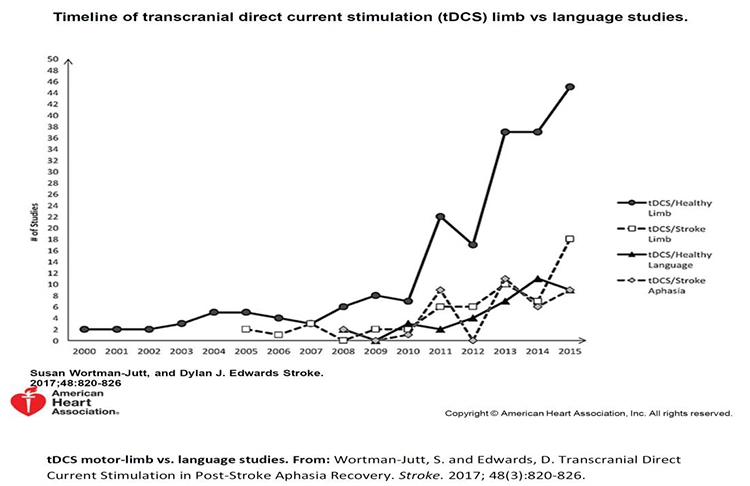You are here
Understanding Aphasia
Speakers
Abstract
Aphasia is a debilitating language disorder that affects nearly 40% of stroke survivors. It may also occur due to other forms of neurological injury or illness. Aphasia is more common that Parkinson’s disease or multiple sclerosis; yet, according to the National Aphasia Association (2016), most people in the wider community have never heard of it. Aphasia is often misunderstood and receives scant public attention. I will be discussing what is known about aphasia, as well as common misconceptions about the disorder. I will present a brief introduction to cortical language representation and will note how our understanding of language in the brain has evolved from a modular view, to one of dual stream networks involving white matter and subcortical structures, operating in alliance with many other brain functions. I will present work completed in collaboration with the Neuromodulation and Human Motor Control Laboratory at the Burke Medical Research Institute under the direction of Dr. Dylan Edwards. Contemporary evidence-based aphasia therapies will also be discussed. I will look toward future directions in aphasia research, noting a unique synergy between upper-limb and aphasia recovery in stroke. I will suggest that the somatotopic, developmental and behavioral interrelationships between motor-limb and speech-language functions may signal a path toward novel combinatorial therapies for aphasia.


